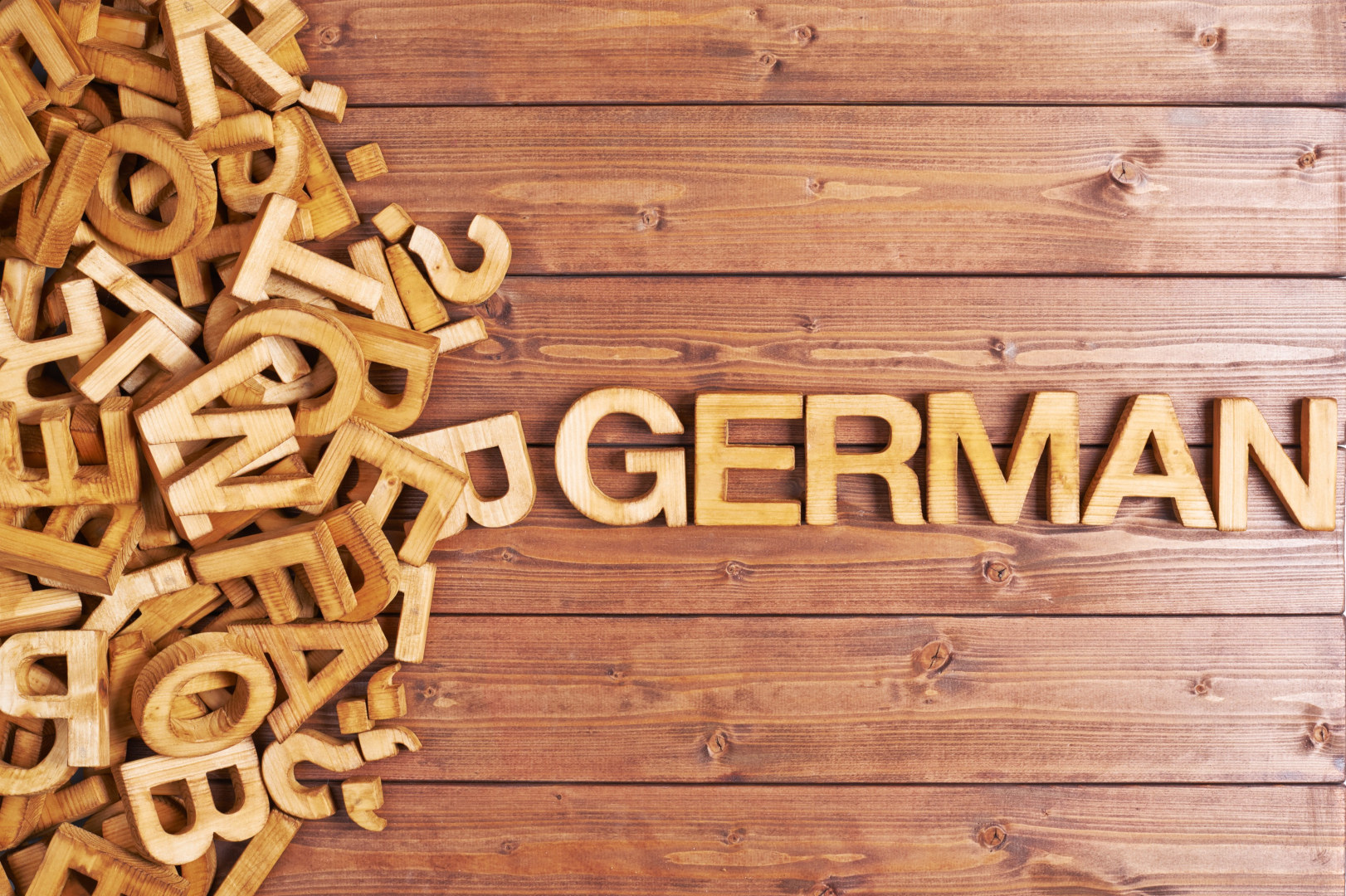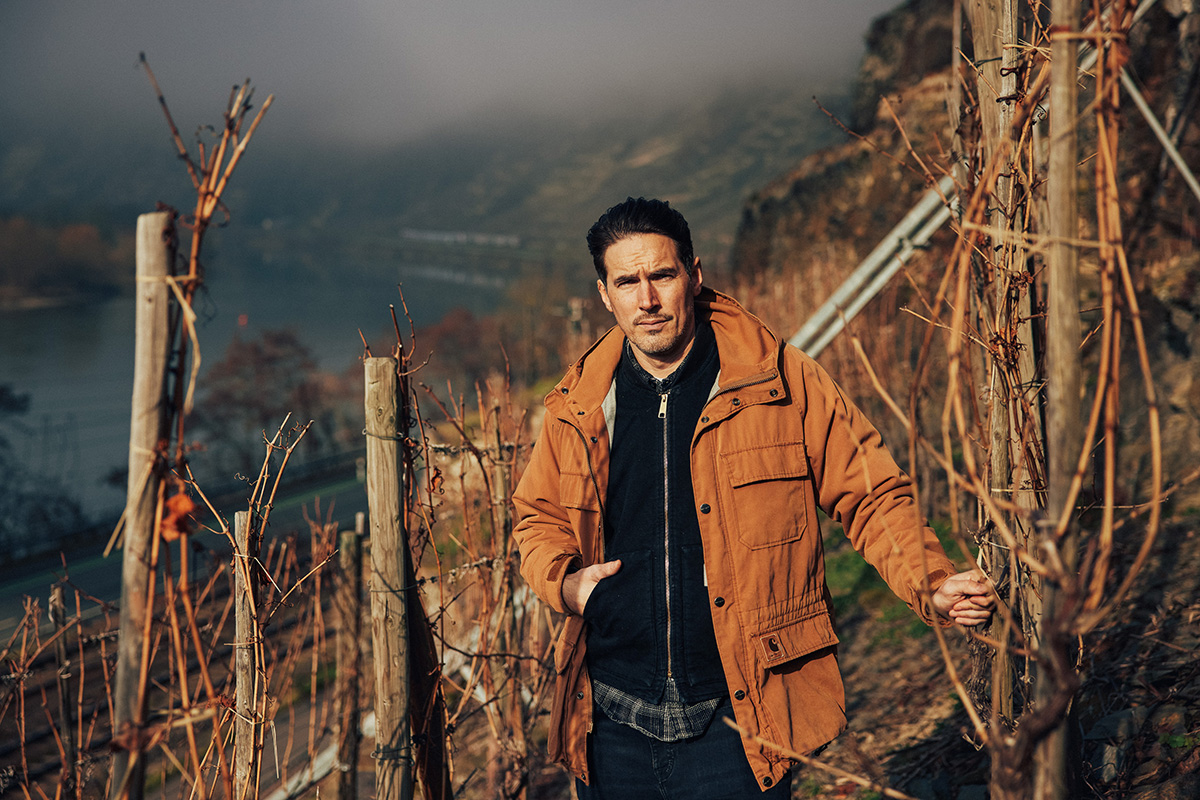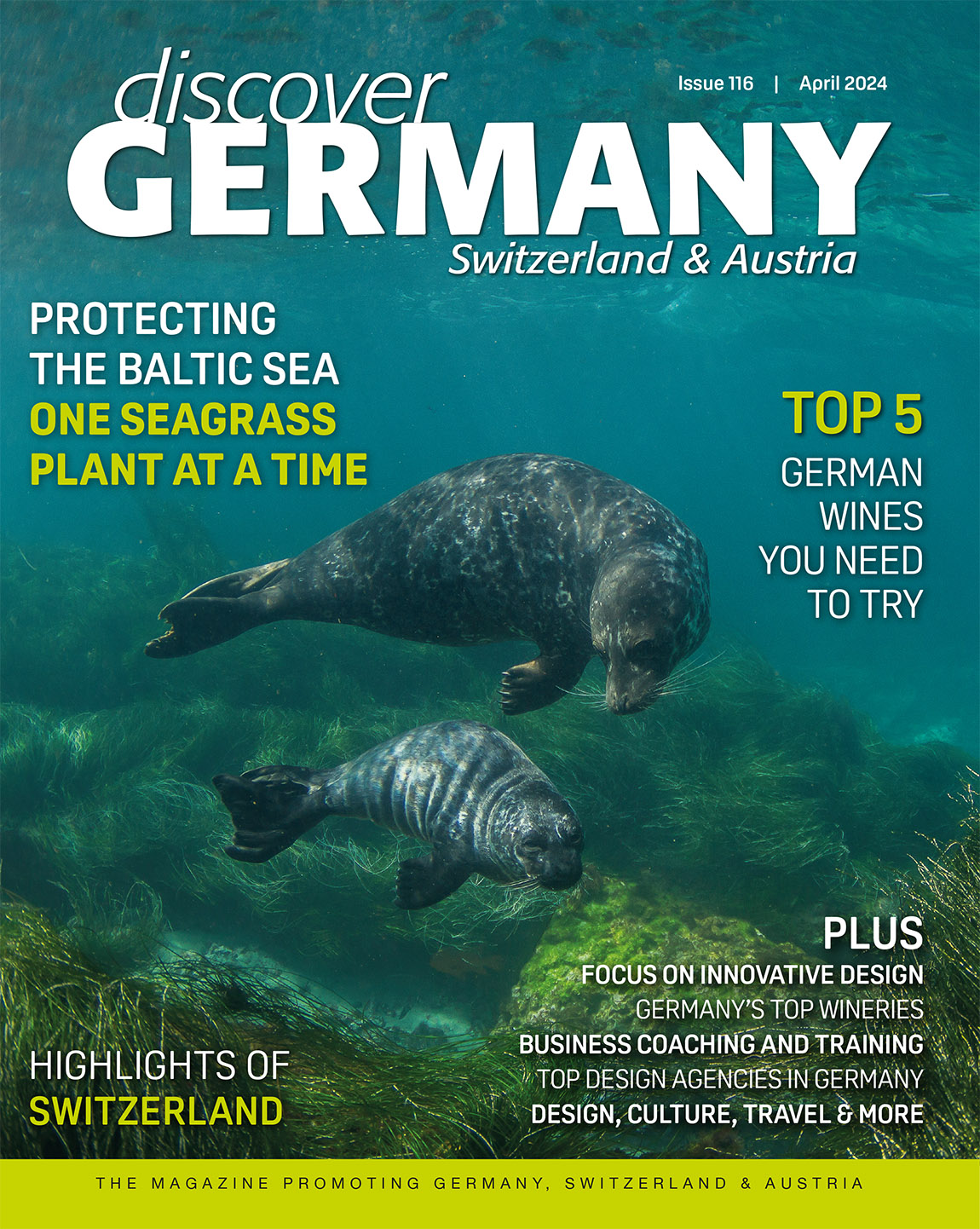The delights of the German, French and Italian vocabulary On some rather interesting terms – August 2019

In this column, author Adam Jacot de Boinod explores the weird and wonderful world of German, French and Italian vocabulary, and discovers some rather interesting terms. Let us take a look at what he has found.
TEXT: ADAM JACOT DE BOINOD | PHOTO © DREAMSTIME
Toponymy is the study of place names. Typically, the definitions are simply a matter of natural or geographic origin or human settlements, climate, colour or basic trading conditions. Some, however, have come on quite a journey; while others have been handed down by folklore, myth or legend. The best are the most original, the quirkiest or those with a story attached. I hope you enjoy them and that they raise an eyebrow or two!
In Germany, Berlin may be related to the Old Polabian stem ‘berl-/birl’, meaning swamp. Dresden is derived from Old Sorbian ‘Drežďany’, meaning ‘people of the forest’. Leipzig is derived from the Slavic word ‘Lipsk’, meaning ‘settlement where the linden trees stand’ (British: lime trees; US English: basswood trees).
In France, the word Marseille comes from the Greek word ‘Massalia’, via a Phocaean word meaning ‘the city of sacrifices’. This name has evolved over time through Massilia, then Marselha and finally Marseille.
Nantes is named after an ancient Gaulish people, the Namnetes, whose origin is thought to come from the Gaulish root ‘nant’, meaning river or stream, from the pre-Celtic root ‘nanto’, meaning ‘valley’, or from Amnites, another tribal name possibly meaning ‘men of the river’.
In Italy, the uncertain etymology of Milan may come from the Latin ‘medio’ (in the middle) and ‘planus’ (plain). However, ‘lanum’ may come from the Celtic root ‘lan’, meaning an enclosure or demarcated territory.
The root of the word Pompeii would appear to be the Oscan word ‘pompe’, for the number five, which suggests that either the community consisted of five hamlets or, perhaps, it was settled in by a family group.
Piacenza comes from the Latin verb ‘placēre’, to please. In French, and occasionally in English, it is called Plaisance. The name means a ‘pleasant abode’, or comely. And the name Brindisi means ‘head of deer’. The city’s name appears, therefore, to refer to the shape of the port that recalls the shape of the head of the animal.
Adam Jacot de Boinod worked on the first series of the BBC panel game QI for Stephen Fry. He is a British author having written three books about unusual words with Penguin Press.
Disclaimer: The views and opinions expressed in this column are those of the author and do not necessarily reflect the official policy or position of Scan Magazine Ltd.’
Subscribe to Our Newsletter
Receive our monthly newsletter by email




